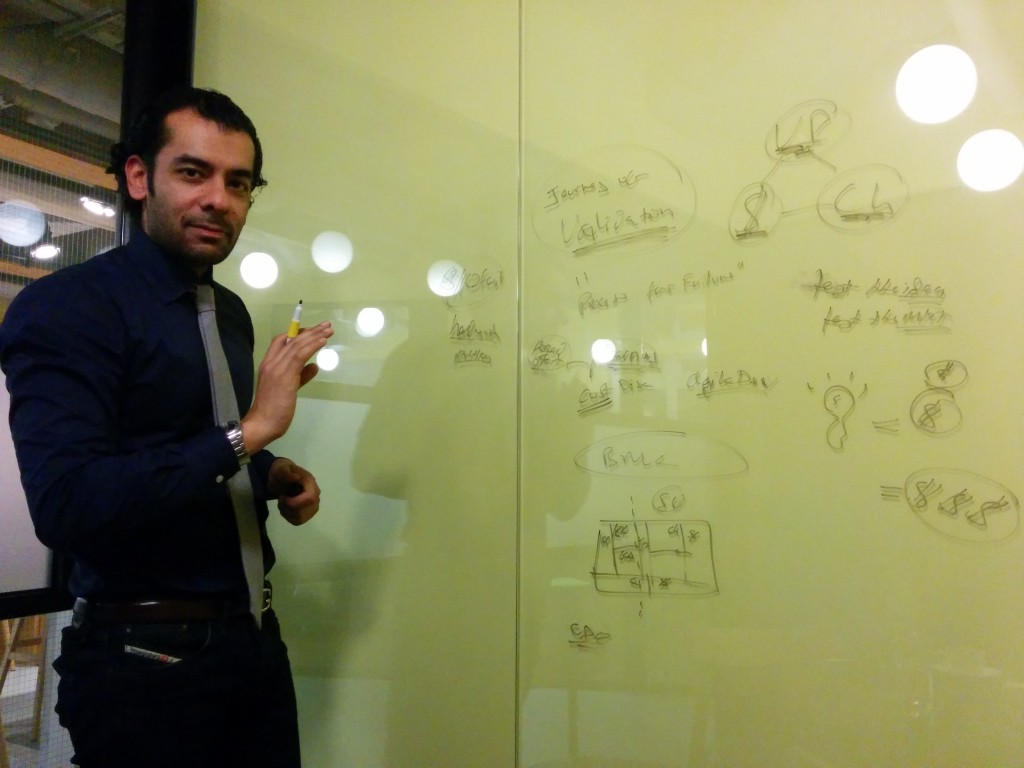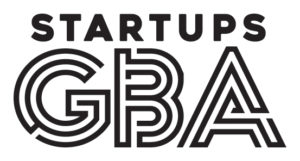
This is a guest post from Deepak Madnani, founder of Sheung Wan-based co-working space and startup academy Paperclip.
Startup Accelerators are attaining almost mythical status as the ‘promised land’ for startups.
Unsurprisingly, the US is leading the way for having the most famous and productive accelerators, especially when measured by number of companies being processed. For reasons that I’ll get into, the design of the US accelerator model makes sense in the environment of the US startup ecosystem but I challenge whether that model should be copied globally.
An accelerator’s main purpose, or at least what the main purpose should be, is to accelerate the development of the startup with intensive coaching, and challenging them by holding them accountable to some milestones. Milestones can vary from debunking the idea/value proposition to validating the market.
This happens over a short period of time, typically 3 months and in exchange for some cash investment and equity payment with the accelerator. Incubators work a little differently and with the main difference being the time required to go through the program, and in many cases, like Hong Kong, no equity is taken as its a form of Government support.
I often say ‘In the US, a 6 year old can confidently stand up on a stage, in front of a lot of people and present an idea clearly’ – I use this example as a metaphor to describe the startup ecosystem in America. The essence of what I’m saying is that the US directly has an extremely sophisticated startup ecosystem, where all the stakeholders (VC’s, angels, entrepreneurs, universities, mentors, educators, founders, lawyers, market, universities, etc) have a deep understanding of startup needs, experience in working with startups, and, indirectly, their culture of openness and an acceptance of failure.

In effect, America has built a ’domain expertise’ in startups. The added bonus is that they have the ‘market’ too; a large number of consumers with deep pockets. Therefore, running an accelerator in the US makes sense. What about the rest of the world?
Turn the globe and point to Asia and its easy to see how the ecosystem differs on so many levels; I see direct and indirect weaknesses and I see opportunities. A major weakness is that we don’t have a domain expertise in startups but the areas of opportunities are in the resources here, e.g., domain skills and localisation, that Asia can offer; I will specifically refer to Hong Kong now.
Hong Kong lacks a lot of what the US offers. To list a few, we don’t have the large market and there is no general acceptance of failure. There are opportunities though. To use the language of the Lean methodology, Hong Kong needs to list out its Value Propositions and do its Customer Development (come to our workshops if these terms sound unfamiliar but this refers to the solutions to problems and how we go about testing the solutions) .
Some of the value that Hong Kong offers are its proximity to China, ease of doing business, educated and experienced talent pool, easy visa access, low taxes and domain expertise in manufacturing (e.g., garments, toys, electronics), logistics and banking. I crudely describe Hong Kong as one big office – connecting people, locally and globally and moving around with its superb infrastructure.
Furthermore, I would view Hong Kong as a resource, part of a global resource offering, so while startups need a sizeable market to access, definitely a gap here, Hong Kong can provide Key Resources and Partners (am using terms from the left hand side of Business Model Canvas, that focuses on building the business). I would also argue that Hong Kong has a strong supply of globally savvy and experienced mentors and advisors.
I would humbly suggest that other countries utilise a similar framework to re-evaluate their strengths and look at their resources as part of the global picture. Don’t copy and paste America’s solution. Work your strengths and build your startup support around your strengths and expertise; startups are savvy, they will follow the value.
Deepak Madnani on Startbase.HK: Deepak Madnani
Paperclip on Startbase.HK: Paperclip
